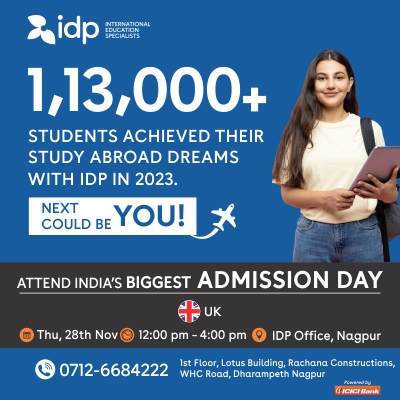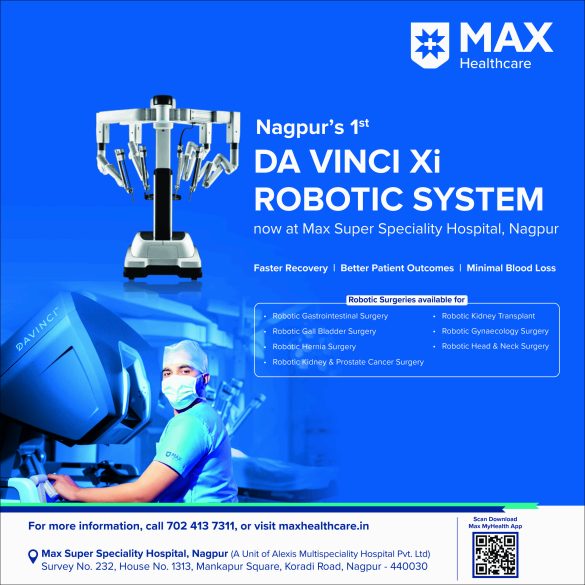The New Education Policy was launched on Wednesday, July 29. Earlier, in the afternoon the Union cabinet approved the policy that aims to overhaul the country’s education system. Union Ministers for Information and Broadcasting (I&B) Prakash Javadekar and Human Resource Development (HRD) and Ramesh Pokhriyal Nishank, made the announcement on the NEP- 2020.
Highlights of India’s new National Education Policy 2020
Major Reforms: School Education
Early Childhood Care & Education: The 10+2 structure of school curricula is to be replaced by a 5+3+3+4 curricular structure corresponding to ages 3-8, 8-11, 11-14, and 14-18 years respectively. The new system will have 12 years of schooling with three years of Anganwadi/pre-schooling. NCERT will develop a framework of the early childhood education of children up to the age of 8.

Reforms in School Curricula and Pedagogy: The school curricula and pedagogy will aim for holistic development of learners by equipping them with the key 21st-century skills, reduction in curricular content to enhance essential learning, and critical thinking, and a greater focus on experiential learning. Students will have increased flexibility and choice of subjects.
- Vocational education will start in schools from the 6th grade, and will include internships.
- Curriculum to integrate 21st Century Skills, Mathematical Thinking and Scientific temper
- No Rigid Separation between Arts & Sciences, between Curricular and extra-Curricular activities, between Vocational and Academic streams
- Education of Gifted Children
- Gender Inclusion Fund
- KGBVs upto Grade 12
- Reduction in Curriculum to Core Concepts
- Vocational integration from class 6 onwards
- Board Examination will be Low Stakes, Based on Knowledge Application
- Medium of Instruction till at least Grade 5, and preferably till Grade 8 and beyond in Home Language / Mother tongue/ Regional Language
- 360 degree Holistic Progress Card of Child
- Tracking Student Progress for Achieving Learning Outcomes
- National assessment center – PARAKH
- NTA to offer Common Entrance Exam for Admission to HEIs
- National Professional Standards for Teachers (NPST)
- Book Promotion Policy and Digital Libraries
- Transparent online self disclosure for public oversight and accountability
Major Reforms: Higher Education
- 50 % Gross Enrolment Ratio by 2035
- Holistic and Multidisciplinary Education -Flexibility of Subjects
- Multiple Entry / Exit
- UG Program – 3 or 4 year
- PG Program – 1 or 2 year
- Integrated 5 year Bachelor’s / Master’s
- M Phil to be discontinued
- Credit Transfer and Academic Bank of Credits
- HEIs: Research Intensive/Teaching Intensive Universities and Autonomous Degree Granting Colleges
- Model Multidisciplinary Education and Research University (MERU) Graded Autonomy: Academic, Administrative & Financial
- Phasing out Affiliation System in 15 years
- National Mission on Mentoring
- Independent Board of Governors (BoG)
- Single Regulator for Higher Education (excluding Legal and Medical)
- Online Self Disclosure based Transparent System for Approvals in place of ‘Inspections’
- Common Norms for Public and Private HEIs
- Private Philanthropic Partnership
- Fee fixation within Broad Regulatory Framework
- Public Investment in Education Sector to reach 6% of GDP at the earliest National Research Foundation (NRF)
- Internationalisation of Education
- Integration of Vocational, Teacher and Professional Education
- Setting up of New Quality HEIs has been made Easier
- Standalone HEIs and Professional Education Institutions will evolve into Multidisciplinary
- Special Education Zone for Disadvantaged Regions
- National Institute for Pali, Persian and Prakrit
- National Educational Technology Forum (NETF)
- MHRD to be renamed as M/o Education

Indian Knowledge Systems, Languages, Culture and Values
- Focus on Literature & Scientific Vocabulary of Indian Languages
- Language Faculty
- Research on Languages
- Strengthening National Institutes for promotion of Classical Languages & Literature
- Indian Institute of Translation and Interpretation (IITI)
- Cultural Awareness of our Indian Knowledge Systems
- Promoting Traditional Arts / Lok Vidya
- HEI / School or School Complex to have Artist(s)-in-Residence
Use of Technology
- Use of Technology in
- Education Planning
- Teaching, Learning & Assessment
- Administration & Management
- Regulation – Self Disclosure & Minimum Human Interface
- Increasing Access for Disadvantaged Groups
- Divyang Friendly Education Software
- e-Content in Regional Languages
- Virtual Labs
- National Educational Technology Forum (NETF)
- Digitally Equipping Schools, Teachers and Students




